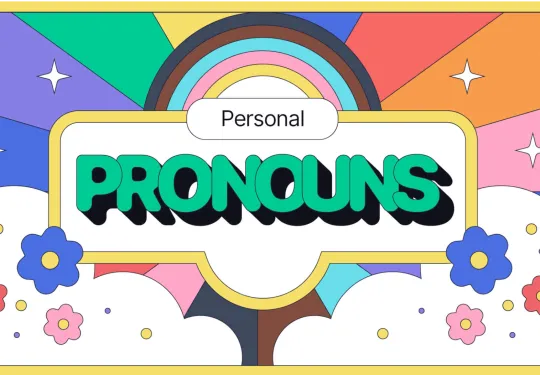Pronouns.Personal Pronouns
By:
Yana Nitochkina
On
18/10/2023Reading time:
12 min
Summary:
Exploring Personal Pronouns: Words That Replace Names
Have you ever noticed words like "he," "she," "I," and "they" in sentences? These are personal pronouns! They're special words that make talking and writing easier. Let's discover more about them!

What Are Personal Pronouns?
Personal pronouns help us talk without repeating names all the time. Instead of saying "Sarah went to the park. Sarah played with Sarah's dog," we can say, "Sarah went to the park. She played with her dog." See how it makes talking smoother?
Different Types
There are a few types of personal pronouns:
Subject Pronouns: These do the action in a sentence, like "I," "you," "he," "she," "it," "we," and "they."
Object Pronouns: They receive the action, like "me," "you," "him," "her," "it," "us," and "them."
Possessive Pronouns: These show ownership, like "my," "your," "his," "her," "its," "our," and "their."
How to Use ThemUsing personal pronouns is easy!
Match Them Right: Use the right pronoun for the right person or thing. For example, if you're talking about yourself, say "I" or "me."
Be Clear: Make sure everyone understands. If your sentence might be confusing, try to rephrase it.
Respect Others: Use the pronouns people prefer. Some might like "he" or "she," while others might prefer "they." It's about respecting everyone.
Why They Matter
Personal pronouns make talking and writing smoother. They also help us show respect to others by using the words they like for themselves.
So, the next time you're talking or writing, pay attention to these little words. They're doing big jobs in making the language easier and respectful!
Subscribe to our newsletter
Subscribe to our newsletter and find them all.